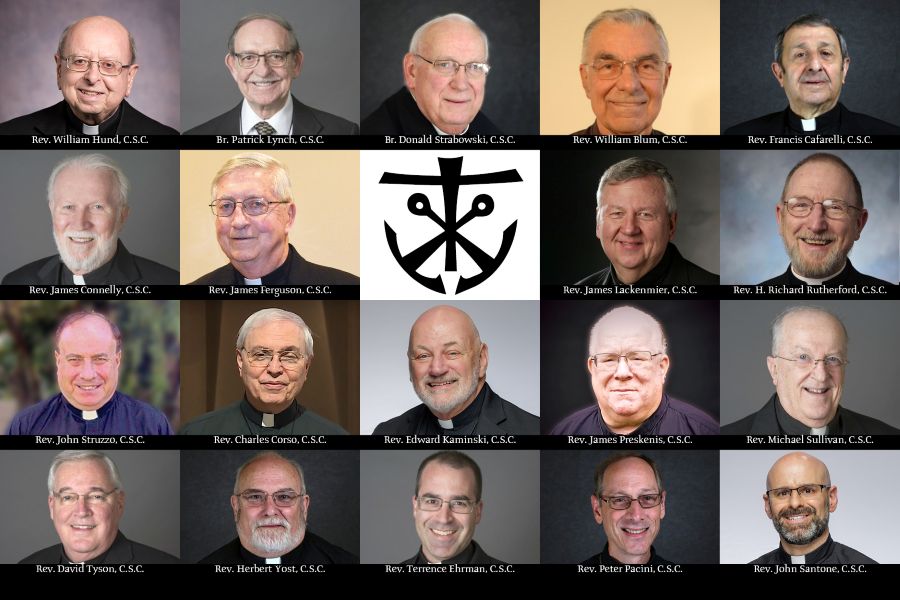First commemorated by the University of Notre Dame community in the early 1840s, Founders’ Day was an annual celebration tied to the Feast of Edward the Confessor, Patron Saint of Rev. Edward Sorin, C.S.C. Each year on October 13, students, faculty, and staff would make the celebration a way to honor Father Sorin and the founding of Notre Dame du Lac. Over the years, other traditions such as the Opening of the Academic Year Mass, came to replace Founders’ Day.
The University is reviving the celebration of Founders’ Day, seizing this opportunity to celebrate the founding of the University by taking a deeper look at Notre Dame’s history.
Rev. John A. Zahm, C.S.C. (1851–1922), was one of Notre Dame’s earliest graduates — and one of her most renowned scholars and professors. After being accepted to the college in 1867, Zahm initially struggled with his studies (one time failing both mathematics and German) before graduating with honors in 1871 and joining the seminary.
When the college suffered from a shortage of instructors that same year, he was asked to assist in teaching classes in the science department. He quickly became a jack of all trades on campus: In 1872, he was listed in Notre Dame’s Twenty-Ninth Annual Catalogue as being assistant librarian; curator of the museum; and assistant in chemistry, physics, and natural science, all while completing his Master of Arts at the college. The following year, he was named professor of chemistry and physics and became co-director of the science department, director of the college library, and a member of the board of trustees. He was ordained on June 4, 1875, and, at the age of twenty-five, was appointed vice-president of the university, a post he would hold for nine years.
In the years immediately following his ordination, Father Zahm recognized the growing influence of modern science on the world and wanted to show academia, and the world at large, “that there is nothing in evolution, properly understood, which is contrary to Church Doctrine.” He would spend his energy defending the Church’s understanding of the relationship between faith and reason, arguing that her intellectual and moral tradition was the greatest source of progress in the world.
“The Church needs not apologists,” Father Zahm wrote. “Her past history is her apology. Her raison d’être is seen in the miraculous transformation she has affected in the moral, social, and intellectual condition of mankind since her advent into this world. All the civilization and enlightenment we now enjoy; all that is great and good and noble in the world; all that is pure, grand and sublime in humanity, is owing to her…. Without her, progress and civilization…would have been impossible.”
Rev. John Zahm, C.S.C., and Theodore Roosevelt
In addition to his scholarly works in the sciences, Father Zahm was an accomplished historian and naturalist. He traveled all over the world, especially to South America, documenting history and culture. Sharing his interest in natural history, Father Zahm became a good friend and travel companion of Theodore Roosevelt. He was also a scholar of Dante and gave Notre Dame one of the leading library collections on Dante in the United States, known as the Zahm Dante Collection. Under his leadership, Notre Dame became the first college campus in the United States to be lit by electricity.
From his work trying to reconcile faith and reason in the face of modern skepticism, to his scholarship on Dante and his studies in natural history, to his zeal for Catholic education, Father Zahm’s legacy lives on at Notre Dame, contributing to the school’s tradition of excellence as a Catholic institution of higher learning.




